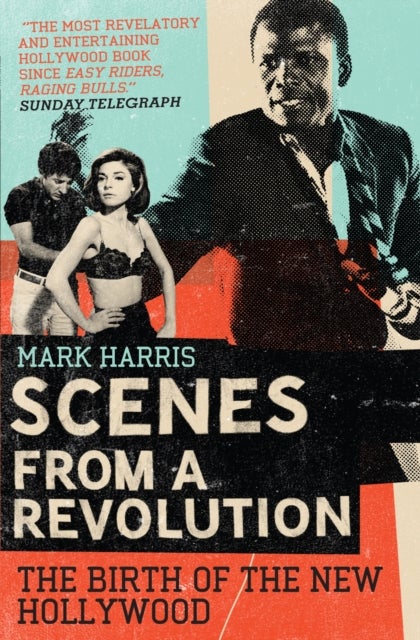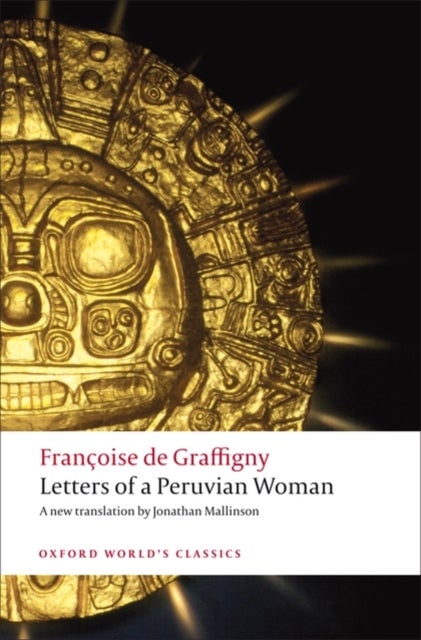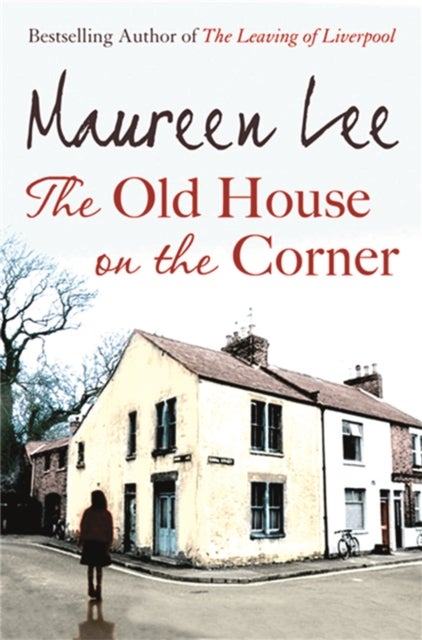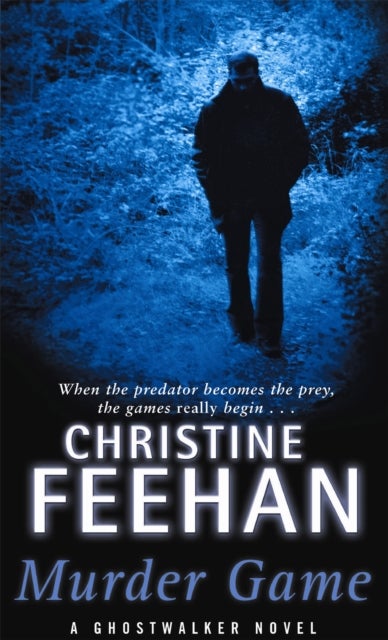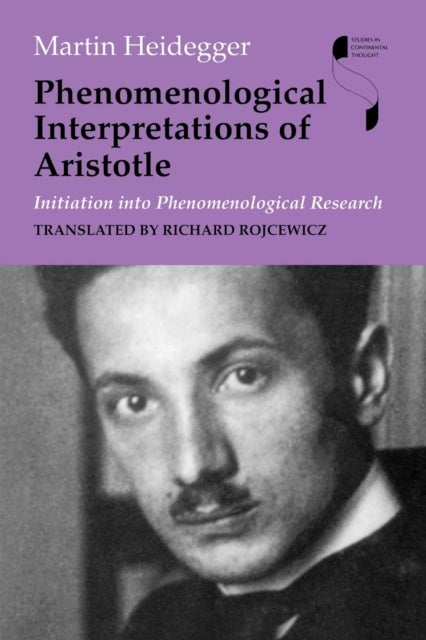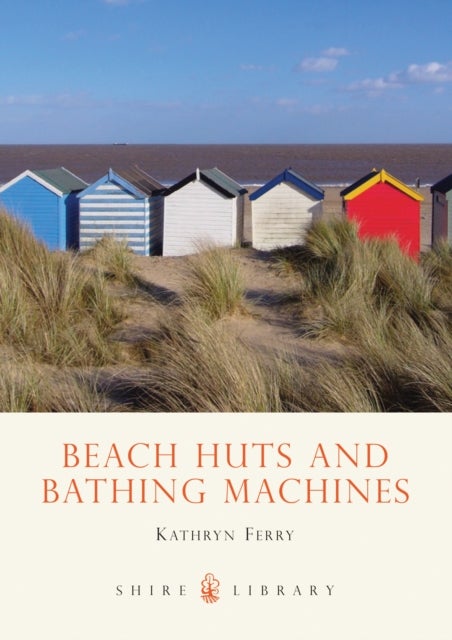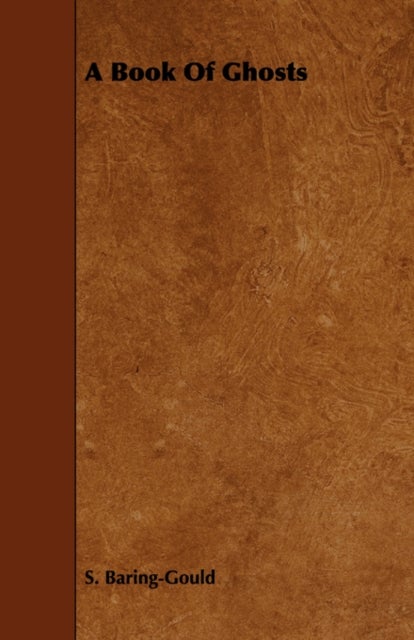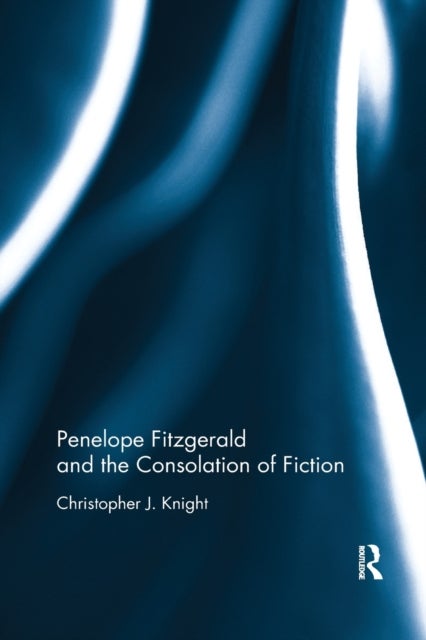
Penelope Fitzgerald and the Consolation of Fiction av Christopher (University of Montana USA.) Knight
529,-
<P>Christopher J. Knight''s <EM>Penelope Fitzgerald and the Consolation of Fiction</EM> is a study of the British author Penelope Fitzgerald (1916 - 2000), attending to her nine novels, especially as viewed through the lens both of "late style" (she published her first novel, The Golden Child, at age sixty) and, in her words, of "consolation, that is, for doubts and fears as well as for naked human loss." As in Shakespeare''s late, religiously inflected, romances, the two concerns coincide; and Fitzgerald''s ostensible comedies are marked by a clear experience of the tragic and the palpable sense of a world that verges on the edge of indifference to human loss. Yet Fitzgerald, her late age pessimism notwithstanding, seeks (with the aid of her own religious understandings), in each of her novels, to wrestle meaning, consolation and even comedy from circumstances not noticeably propitious. Or as she herself memorably spoke of her own "deepest convictions": "I can only say that however cl

